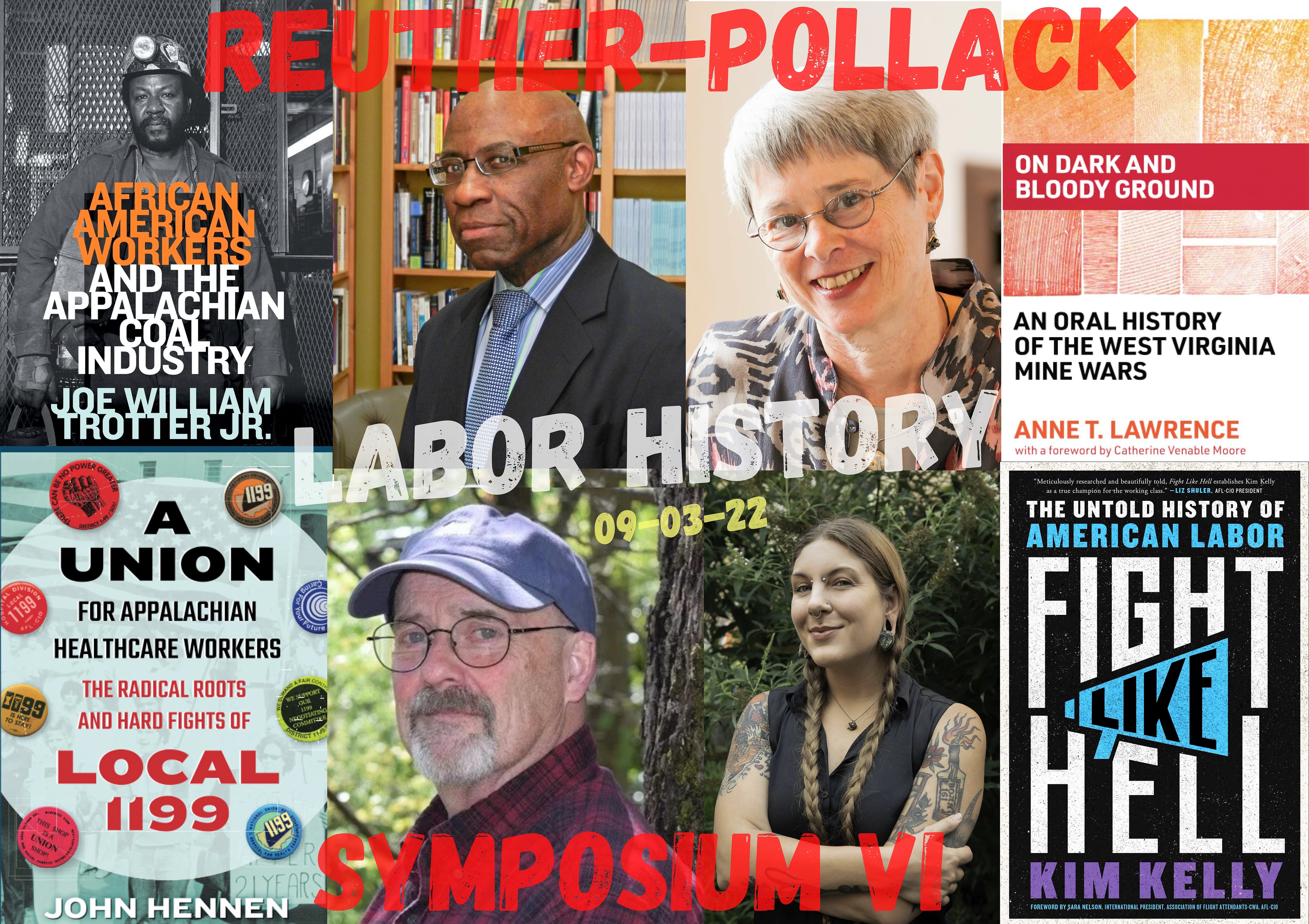THE 2022 REUTHER-POLLACK LABOR HISTORY SYMPOSIUM
The 2022 Reuther-Pollack Labor History Symposium VI
The 6th annual Reuther-Pollack Labor History Symposium will be held on Saturday, September 3, 2022. View schedule below, download a brochure, or click here to view the Facebook event page.
TICKETS:
Admission is $20 (students $10 - scholarships available). Tickets may be purchased in advance through Eventbrite or in person by contacting Sean Duffy at [email protected].
➤ Purchase your ticket today online!
VIEW PRIOR SYMPOSIUMS ONLINE:
➤ Click here to view videos from the 2021 Livestream Reuther-Pollack Labor History Symposium V, "Remember Blair Mountain."
➤ Click here to view videos from the 2020 Livestream Reuther-Pollack Labor History Symposium IV, "Solidarity Against Hate."
2022 SYMPOSIUM SCHEDULE
Doors Open: 9:30 am for Registration and *Continental Breakfast*
10:00 am: Dr. Joe W. Trotter
"African American Workers and the Appalachian Coal Industry"
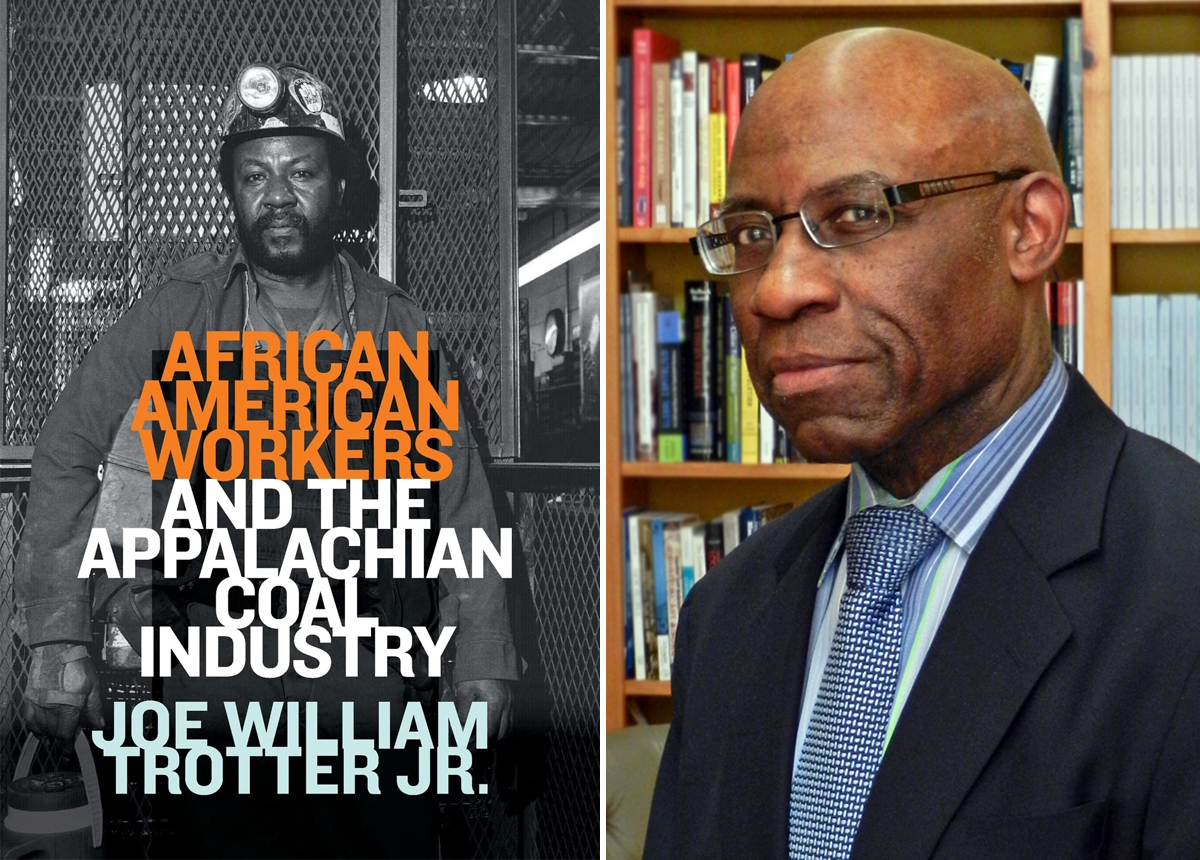 This collection brings together nearly three decades of research on the African American experience, class, and race relations in the Appalachian coal industry. It shows how, with deep roots in the antebellum era of chattel slavery, West Virginia’s Black working class gradually picked up steam during the emancipation years following the Civil War and dramatically expanded during the late nineteenth and early twentieth centuries.
This collection brings together nearly three decades of research on the African American experience, class, and race relations in the Appalachian coal industry. It shows how, with deep roots in the antebellum era of chattel slavery, West Virginia’s Black working class gradually picked up steam during the emancipation years following the Civil War and dramatically expanded during the late nineteenth and early twentieth centuries.
Joe William Trotter Jr. is the Giant Eagle University Professor of History and Social Justice at Carnegie Mellon University, a member of the American Academy of Arts and Sciences, and author of Workers on Arrival: Black Labor in the Making of America and Pittsburgh and the Urban League Movement: A Century of Social Service and Activism.
11:00 am: Anne T. Lawrence
"On Dark and Bloody Ground: An Oral History of the West Virginia Mine Wars"
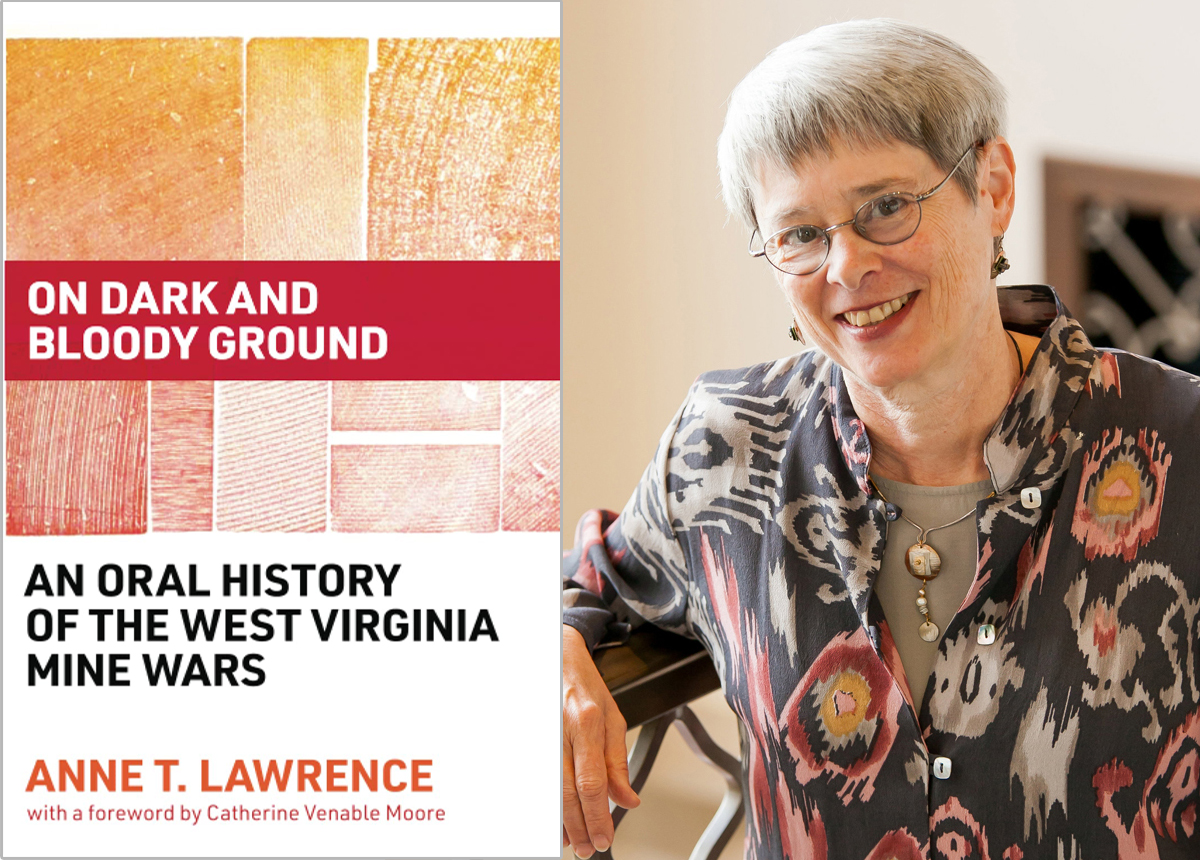 In 1972 Anne Lawrence came to West Virginia at the invitation of the Miners for Democracy movement to conduct interviews with participants in, and observers of, the Battle of Blair Mountain and other Appalachian mine wars of the 1920s and ’30s. The set of oral histories she collected—the only document of its kind—circulated for many years as an informal typescript volume, acquiring an almost legendary status among those intrigued by the subject. Key selections from it appear here for the first time as a published book, supplemented with introductory material, maps, and photographs. The volume’s vivid, conversational mode invites readers into miners’ lived experiences and helps us understand why they took up arms to fight anti-union forces in some of the nation’s largest labor uprisings.
In 1972 Anne Lawrence came to West Virginia at the invitation of the Miners for Democracy movement to conduct interviews with participants in, and observers of, the Battle of Blair Mountain and other Appalachian mine wars of the 1920s and ’30s. The set of oral histories she collected—the only document of its kind—circulated for many years as an informal typescript volume, acquiring an almost legendary status among those intrigued by the subject. Key selections from it appear here for the first time as a published book, supplemented with introductory material, maps, and photographs. The volume’s vivid, conversational mode invites readers into miners’ lived experiences and helps us understand why they took up arms to fight anti-union forces in some of the nation’s largest labor uprisings.
Dr. Anne T. Lawrence is professor of management emerita at San José State Univ. She currently serves as chair of the Case Research Foundation, a nonprofit organization that provides fellowships to early-career scholars for training in case research and teaching.
12 pm - Lunch Break: Lunch provided
Reuther Birthday Celebration plus Walking Tour to the Reuther & Pollack monuments led by Dr. Hal Gorby.
2:00 pm: John Hennen
"A Union for Appalachian Healthcare Workers: The Radical Roots and Hard Fights of Local 1199"
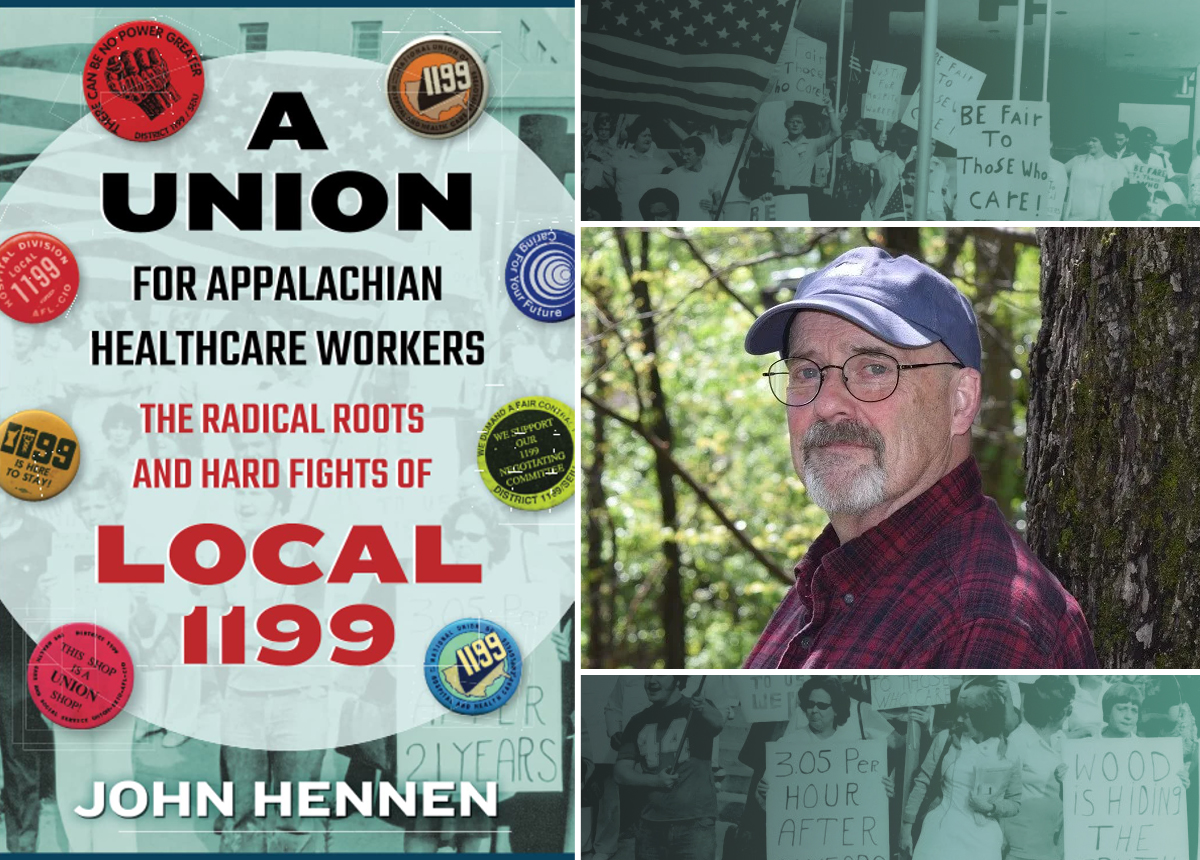 The union of hospital workers usually referred to as 1199 sits at the intersection of three of the most important topics in US history: organized labor, health care, and civil rights. John Hennen’s book explores the union’s history in Appalachia, a region that is generally associated with extractive industries but has seen health care grow as a share of the overall economy.
The union of hospital workers usually referred to as 1199 sits at the intersection of three of the most important topics in US history: organized labor, health care, and civil rights. John Hennen’s book explores the union’s history in Appalachia, a region that is generally associated with extractive industries but has seen health care grow as a share of the overall economy.
With a multiracial, largely female, and notably militant membership, 1199 was at labor’s vanguard in the 1970s, and Hennen traces its efforts in hospitals, nursing homes, and healthcare centers in West Virginia, eastern Kentucky, and Appalachian Ohio. He places these stories of mainly low-wage women workers within the framework of shake-ups in the late industrial and early postindustrial United States, relying in part on the words of Local 1199 workers and organizers themselves. Both a sophisticated account of an overlooked aspect of Appalachia’s labor history and a key piece of context for Americans’ current concern with the status of “essential workers,” Hennen’s book is a timely contribution to the fields of history and Appalachian studies and to the study of social movements.
John Hennen taught history for over thirty years, including two decades at Morehead State University, where he is emeritus professor of history. He is the author of The Americanization of West Virginia: Creating a Modern Industrial State, 1916–1925.
3:00 pm: Kim Kelly
"Fight Like Hell: The Untold History of American Labor"
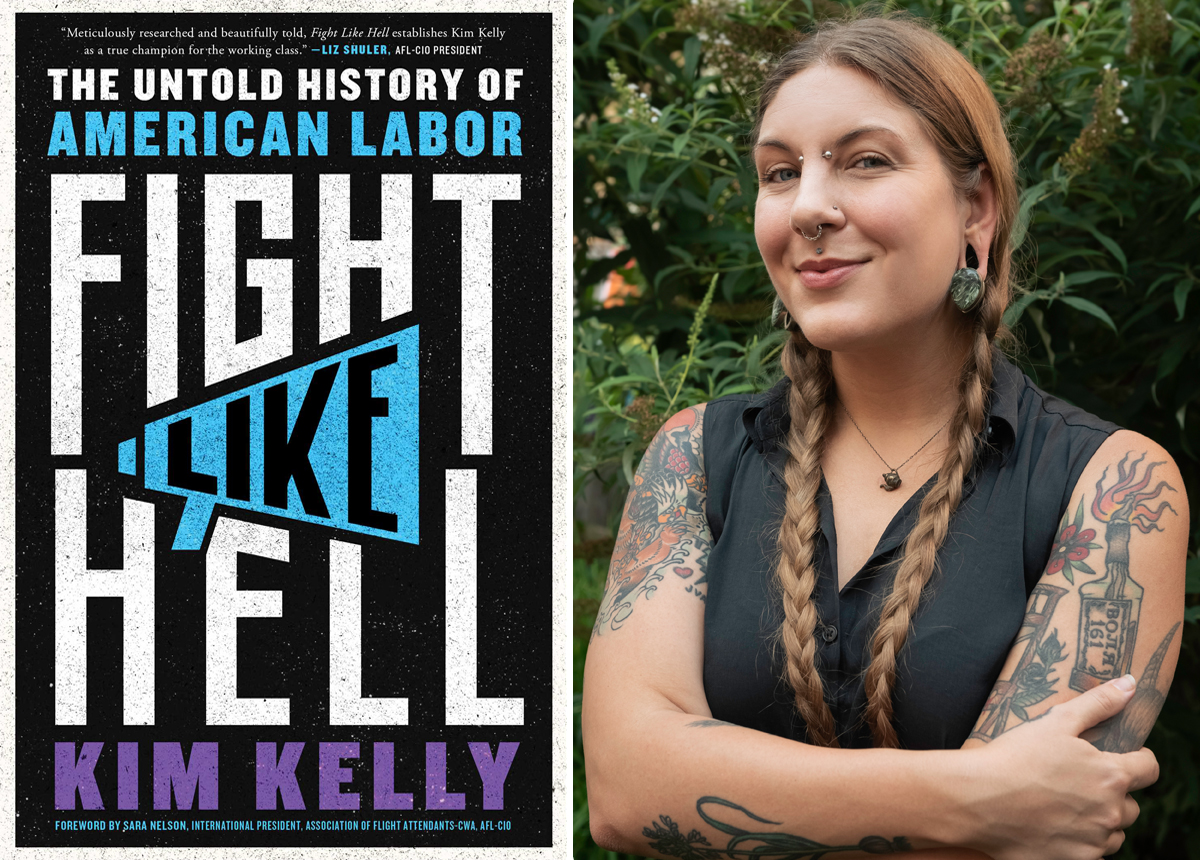 A revelatory and inclusive history of the American labor movement, from independent journalist and Teen Vogue labor columnist Kim Kelly.
A revelatory and inclusive history of the American labor movement, from independent journalist and Teen Vogue labor columnist Kim Kelly.
Freed Black women organizing for protection in the Reconstruction-era South. Jewish immigrant garment workers braving deadly conditions for a sliver of independence. Asian American fieldworkers rejecting government-sanctioned indentured servitude across the Pacific. Incarcerated workers advocating for basic human rights and fair wages. The queer Black labor leader who helped orchestrate America’s civil rights movement. These are only some of the working-class heroes who propelled American labor’s relentless push for fairness and equal protection under the law.
The names and faces of countless silenced, misrepresented, or forgotten leaders have been erased by time as a privileged few decide which stories get cut from the final copy: those of women, people of color, LGBTQIA people, disabled people, sex workers, prisoners, and the poor. In this assiduously researched work of journalism, Teen Vogue columnist and independent labor reporter Kim Kelly excavates that history and shows how the rights the American worker has today—the forty-hour workweek, workplace-safety standards, restrictions on child labor, protection from harassment and discrimination on the job—were earned with literal blood, sweat, and tears.
Fight Like Hell comes at a time of economic reckoning in America. From Amazon’s warehouses to Starbucks cafes, Appalachian coal mines to the sex workers of Portland’s Stripper Strike, interest in organized labor is at a fever pitch not seen since the early 1960s.
Inspirational, intersectional, and full of crucial lessons from the past, Fight Like Hell shows what is possible when the working class demands the dignity it has always deserved.
Kim Kelly is an independent journalist, author, and organizer. She has been a regular labor columnist for Teen Vogue since 2018, and her writing on labor, class, politics, and culture has appeared in The New Republic, The Washington Post, The New York Times, The Baffler, The Nation, the Columbia Journalism Review, and Esquire, among many others. Kelly has also worked as a video correspondent for More Perfect Union, The Real News Network, and Means TV. Previously, she was the heavy metal editor at “Noisey,” VICE’s music vertical, and was an original member of the VICE Union. A third-generation union member, she is a member of the Industrial Workers of the World’s Freelance Journalists Union as well as a member and elected councilperson for the Writers Guild of America, East (WGAE). She was born in the heart of the South Jersey Pine Barrens, and currently lives in Philadelphia with a hard-workin’ man, a couple of taxidermied bears, and way too many books.
Many Thanks to this year's Sponsors:
Title Sponsors
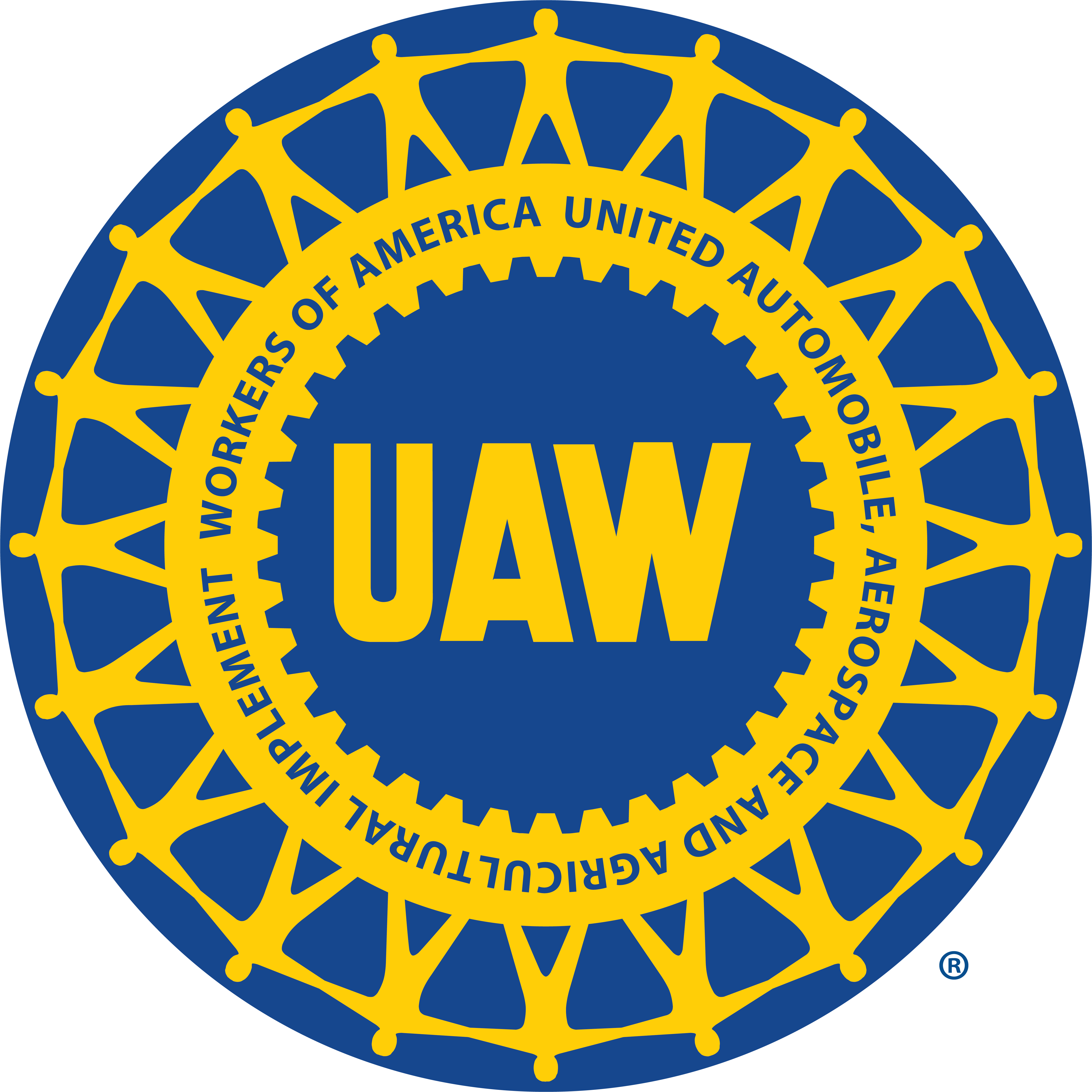 |
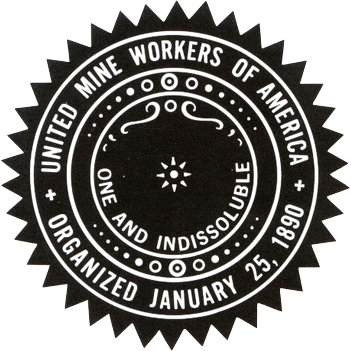 |
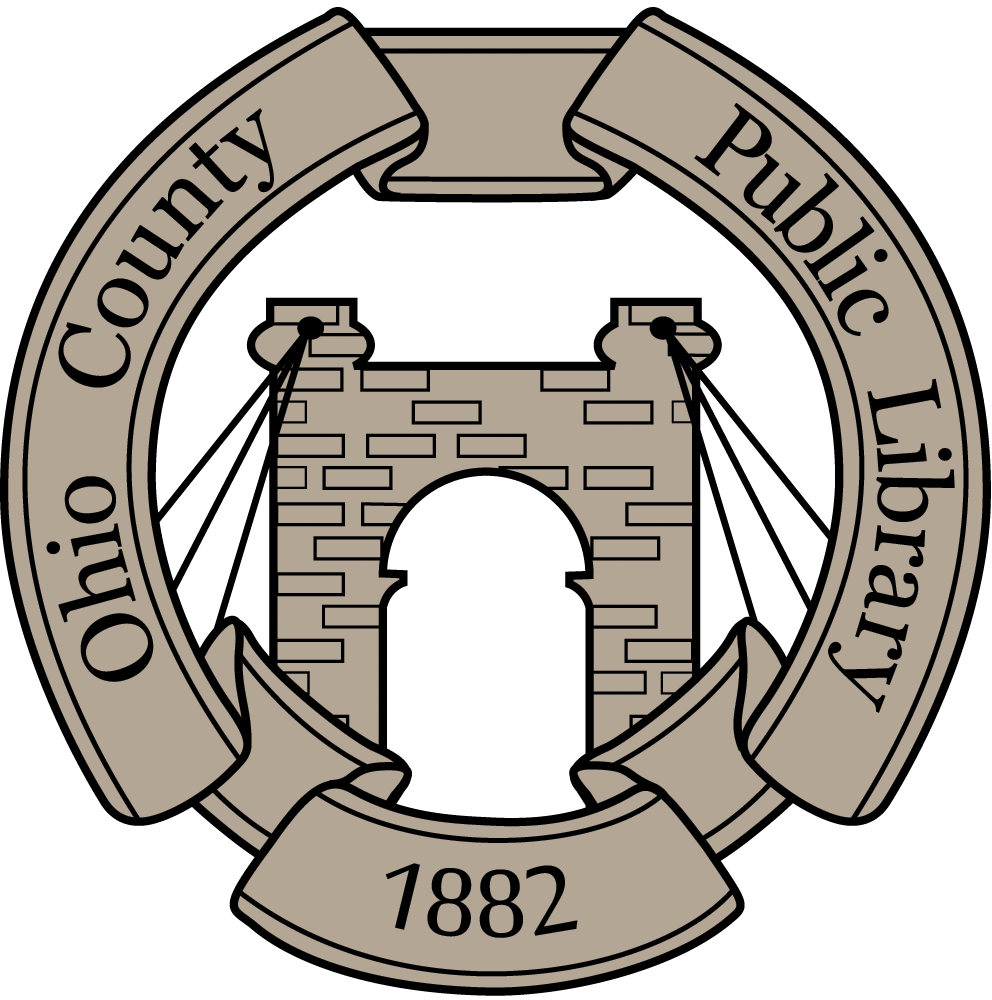 |
Patrons of History
 |
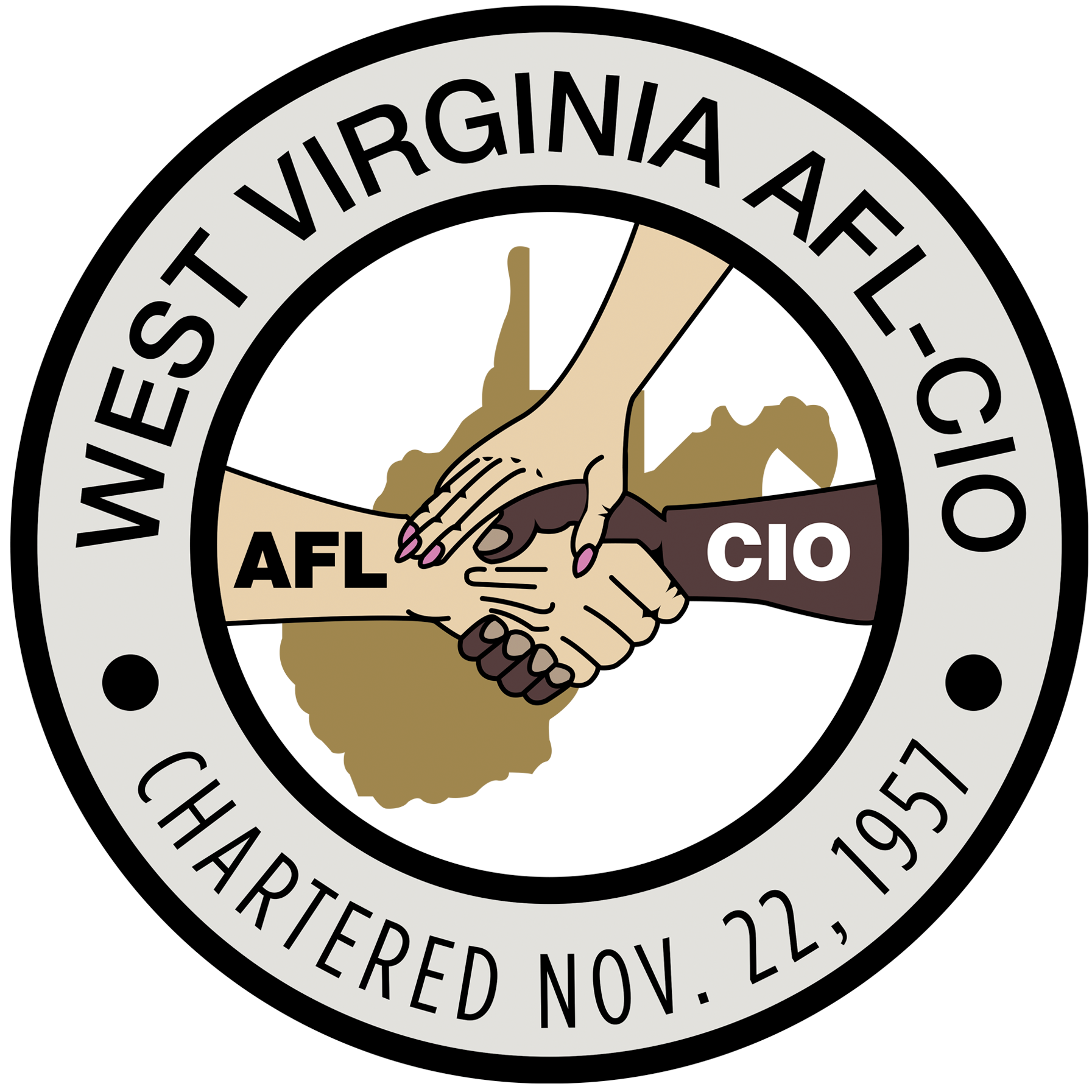 |
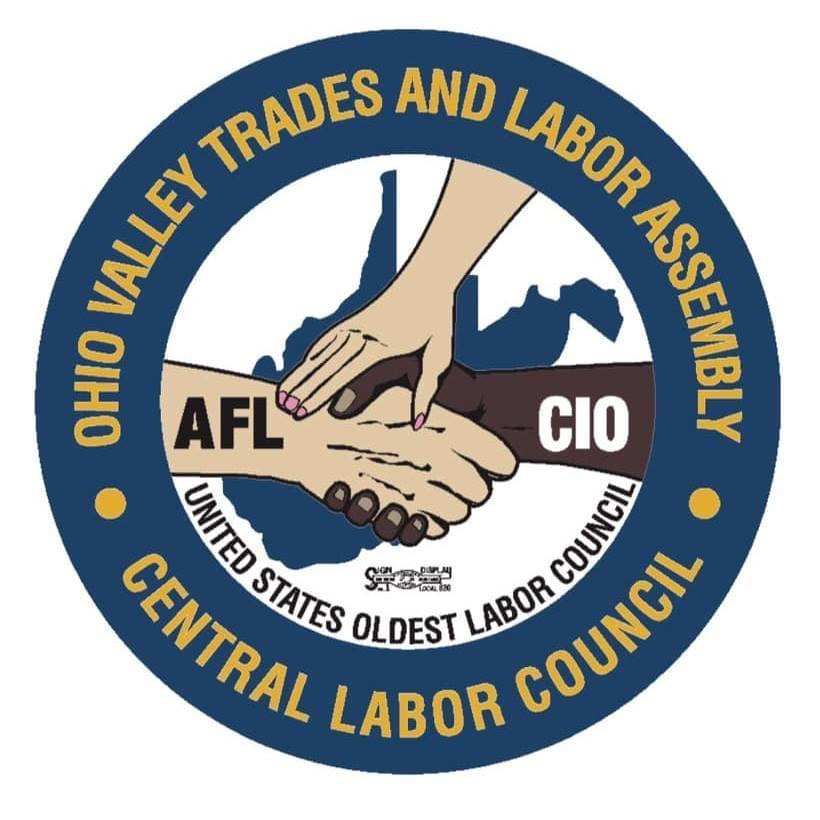 |
➤ Download a brochure for the 6th annual Reuther-Pollack Labor History Symposium
➤ Purchase a ticket through Eventbrite
➤ View the Facebook event page


